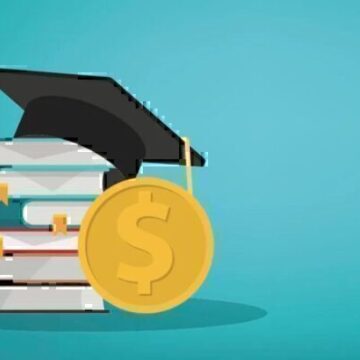While no two financial stories are the same, one story may sound familiar to anyone who has recently managed moving expenses.
After moving to a new home, a recent GreenPath client faced expensive purchases such as window blinds, new kitchen appliances, bathroom fixtures and other essentials. She used both her bank-issued credit card and a store credit card to make the purchases.
Unfortunately, she experienced a sudden drop in household income during this time, and on top of it all, had to replace a faulty water heater. The outcome? Maxed- out, high interest credit card balances.
Many of us can see ourselves in this situation. Current high interest rates compound the difficulty of making on-time, minimum payments on credit cards. And while each person’s situation is different, here are some steps you can take to refresh your finances, starting now:
1. Monitor your bills regularly.
If your creditor has granted a payment deferment or waived fees, interest could still be accruing. Annual fees could also still apply. It pays to examine each creditor’s terms and fees, to understand where to start paying down first.
2. Monitor your credit report.
Studies show 1 in 3 Americans never check their credit report yet knowing credit history is key to financial literacy. Regularly monitoring your credit can alert you to errors, protect you from fraud, and provide you important information to strengthen your credit score.
3. Strategize credit cards payments.
If you’re managing high-interest credit card balances, you are not alone. When possible, aim to use credit cards with the lowest rates or those offering a 0% APR period. Make payments towards higher interest rates first to save money on interest in the long run.
GreenPath Financial Service
Free Debt Counseling
Take control of your finances, get tailored guidance and a hassle-free budgeting experience. GreenPath offers personalized advice on how to manage your money.
4. Review your income and your expenses.
Set a simple spending plan. It can be eye-opening when you start to track how much you spend on essential things, like bills, rent/mortgage, and food. A simple budget helps you stay on top of what you are spending. It also shows your progress in setting aside money to manage debt payments.
5. Get Connected.
A fresh set of eyes to review your situation is never a bad idea. Having a clear strategy for handling your credit card debt can help you feel more in control of the situation and reduce stress. Need to strategize a plan to eliminate credit card debteliminate credit card debt? Our caring, NFCC-certified counselors are ready to help.










